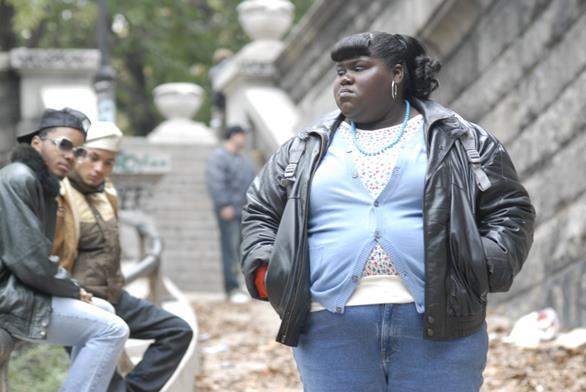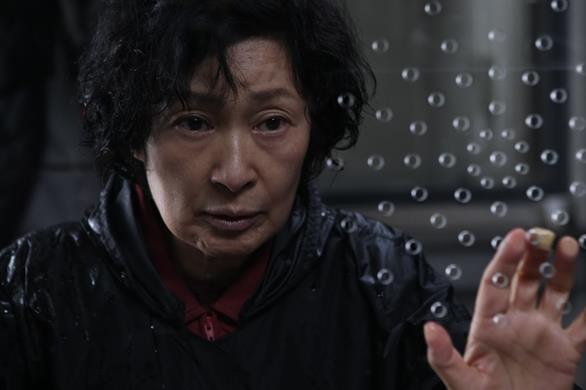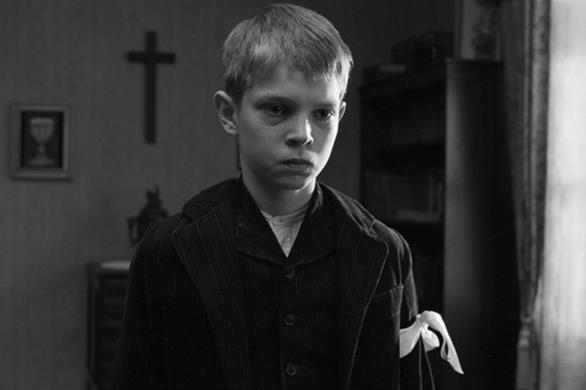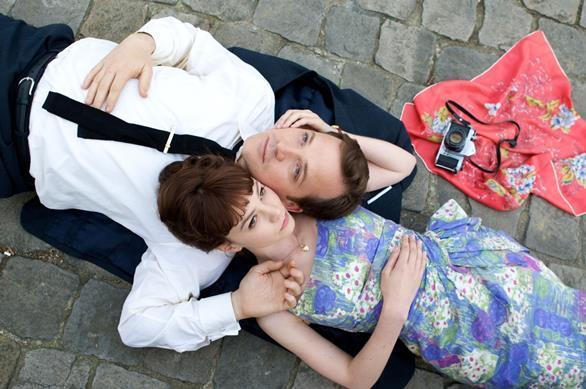I am still angry at having to watch this poorly constructed, poorly argued, patronising, highly personalised piece-of-shit documentary. Indeed, I'm still trying to figure out what Michael Moore was trying to document other than his own ignorance and self-proclaimed righteous anger. I'd always had my suspicions about him. Watching FAHRENHEIT 9/11 and SICKO, in the scenes where I actually knew something about the subject matter, I found him to be factually wrong at worst, and distorting at best. As a result, I never found his work credible. And now, here was a documentary very much on my home turf: in "real life" I'm an Ivy League Economics graduate with 10 years experience in finance. Now, don't get me wrong, despite the title of this blog I'm not a cheerleader for unfettered free markets, and much of the policymaking before, during and after the collapse of Lehman Brothers drew my criticism. We actually NEED a good documentary examining these issues. But Moore squanders his opportunity. Worse still, he doesn't even have good intentions.
CAPITALISM: A LOVE STORY is poorly constructed. The single commonality among good documentaries is that they organise their material well. Typically hours of footage are shot and then whittled down to create a coherent story. CAPITALISM: A LOVE STORY, by contrast, lacks focus, is scatter-shot, and seems to jump from one issue to another. Apparently, Michael Moore started making a rather different documentary before Lehman Brothers collapsed and the bail-outs began, and it shows. This movie feels like it was made without any clear plan. Is Moore critiquing Capitalism or is he trying to expose white-collar crime or is he just pulling stunts to entertain us? Nowhere is there a coherent discussion of any one topic. Sure he tells us a bit about white collar crime, but without the focus of ENRON: THE SMARTEST GUYS IN THE ROOM. He hints at rising indebtedness but without the focus of I.O.U.S.A. He's like a little kid with a pick-n-mix bag and without the balls and talent to sustain our interest in a complicated issue for two hours.
CAPITALISM: A LOVE STORY is poorly argued. It starts of as a lament for the hollowing out of the US manufacturing base (as in Roger & Me). There is, underneath this, a genuine debate about free trade that does come under the banner of critiquing one kind of capitalism. Nobel-prize winning economist Joseph Stiglitz has made this argument. But Moore isn't really interested in actually fashioning a balanced case but in hurling unfounded accusations. Moore then tries to posit a choice between capitalism (a term he never cares to define) and....er....what? He doesn't seem to understand that pure unfettered capitalism isn't the only type of capitalism on offer, just as documentaries aren't the only kind of feature. You can have capitalism with social protection, as we do in the UK, and the balance between free markets and social protection tilts further toward protection as you go into Continental Europe. But these are all variants on capitalism. What Moore calls socialism isn't really socialism but social market capitalism.
Even then, Moore can't quite bring himself to risk public opposition to his advocating socialism - a word that is held in more contempt in the US than in Europe - so he draws a bizarre opposition between Capitalism and Democracy. This is his most absurd step. Capitalism is an economic system and Democracy is a political system. The opposite of capitalism in communism. The opposite of democracy is not capitalism but fascism or communism or absolute monarchy.
As for individually misleading or factually incorrect statements, I cannot remember all the examples, but here's a classic case. Moore points to a better time, in the post-war era, when the USA was wealthy but also shared that wealth. He points to the 90% top rate of income tax, as if rich people were happily paying such a high marginal tax rate to further social cohesion. Well, as any fool knows, paying income tax, even at today's lower tax rates, is optional for the super-rich. Anyone eligible to pay such a rate will have employed a good tax lawyer and become an overseas resident, or actually moved to a tax haven. The super-rich are also super-mobile and thus high marginal tax rates are usually ineffective in raising tax revenues and don't actually result in higher distributions to the working classes.
Worst of all, CAPITALISM: A LOVE STORY is patronising. If Michael Moore really cares about the working classes shouldn't he care enough to craft a sensible, balanced, well-thought out argument? Why patronise them with cheap stunts like driving a truck up to the headquarters of Goldman Sachs and asking for the money back? He shows as much contempt for his desired audience as the plutocrats he criticises.
CAPITALISM: A LOVE STORY played Venice, Toronto and London 2009. It was released in the US last month and in Canada earlier this month. It opened in Austria and Iceland this weekend. It opens in Norway next week and in Australia, Lebanon, and Singapore on November 5th. It opens in Germany on November 12th, in Denmark on November 20th and in France, the Netherlands and Finland on November 27th. It opens in Japan on December 5th, in Slovenia on December 31st, in Belgium on January 6th and the UK on February 26th.





















